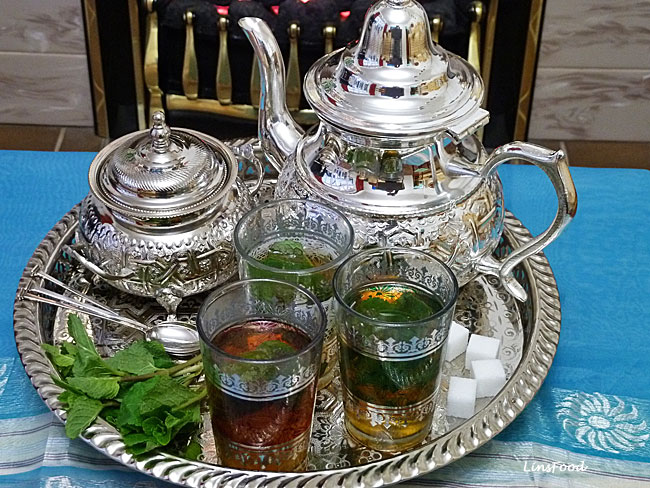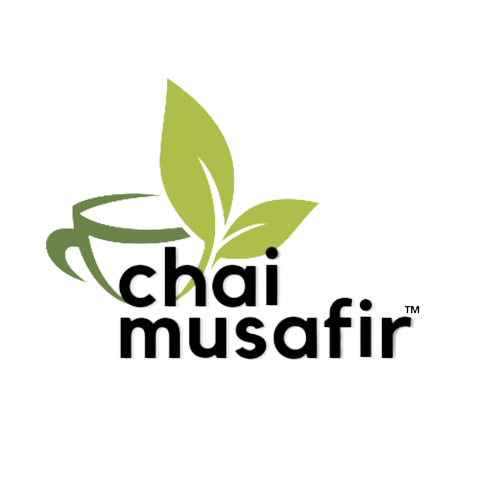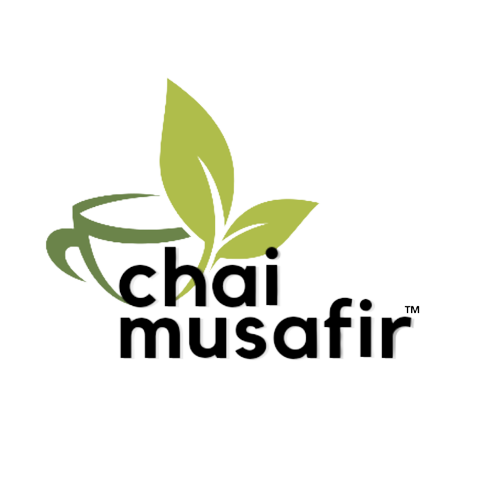

Moroccan Tea Culture: A Time-Honored Ritual of Hospitality
Morocco, a land of vibrant colors, rich history, and captivating traditions, boasts a tea culture that is as deeply ingrained in its identity as the Sahara is in its landscape. Moroccan tea, also known as “Maghrebi mint tea” or “Moroccan mint tea,” is not merely a beverage but a cherished social ritual that symbolizes hospitality, warmth, and connection.
Historically, the roots of Moroccan tea culture can be traced back to the 12th century when tea was introduced to the region by traders along the ancient Silk Road. However, it was during the 19th century when Morocco embraced tea as an essential part of its customs and ceremonies. Since then, tea has become an integral aspect of Moroccan identity and is frequently offered to guests as a sign of respect and hospitality.
The preparation of Moroccan tea is an art form, typically performed by the head of the household or the most experienced member of the group. Gunpowder green tea, usually sourced from China, forms the base of the infusion. Fresh sprigs of mint, often spearmint, and an abundance of sugar are also fundamental ingredients. The meticulous brewing process involves multiple steepings to achieve the perfect balance of flavors.
To prepare Moroccan tea, a teapot, known as a “berrad,” is used. The tea is first rinsed with hot water, a symbolic act of cleansing the leaves. Then, green tea and a generous amount of sugar are added to the pot, followed by a handful of mint leaves. Boiling water is poured over the mixture, and the tea is steeped to perfection. Afterward, the tea is poured into small, intricately decorated glasses from an impressive height, creating a frothy top, which adds flair to the serving ritual.
When it comes to the art of serving tea, Moroccans have an unwritten rule: the higher the pour, the better the taste. Each guest receives a small glass, and the tea is poured from a distance, allowing the beverage to cool and mix thoroughly with the mint and sugar. This pouring technique has practical and cultural significance, as it not only enhances the flavor but also reflects the generous and welcoming nature of the Moroccan people.
Whether in a bustling souk, a quaint riad, or a humble abode, Moroccan tea culture fosters connections, deepens friendships, and unites communities. The tradition of sharing tea extends beyond mere refreshment; it is a time-honored symbol of friendship and camaraderie, where stories are shared, laughter is exchanged, and bonds are strengthened.
In modern times, Moroccan tea culture continues to thrive. It has transcended borders and become a beloved beverage worldwide. From traditional teahouses to contemporary cafes, the essence of Moroccan tea culture endures, offering a taste of Morocco’s heart and soul to all who partake in this timeless ritual.
In conclusion, Moroccan tea culture is more than just a method of preparation and consumption; it is a celebration of community, warmth, and the art of hosting. With every sip, one can taste the history, traditions, and the essence of Morocco, making it an unforgettable experience that leaves a lasting impression on the heart and soul.
You can also check the following articles to deep dive into the world of tea:
You can also check the following:



Leave a Reply